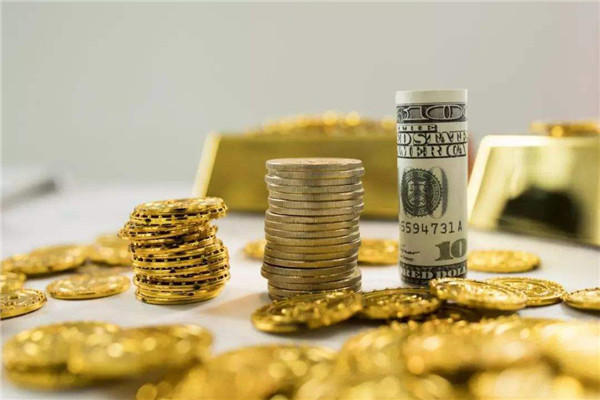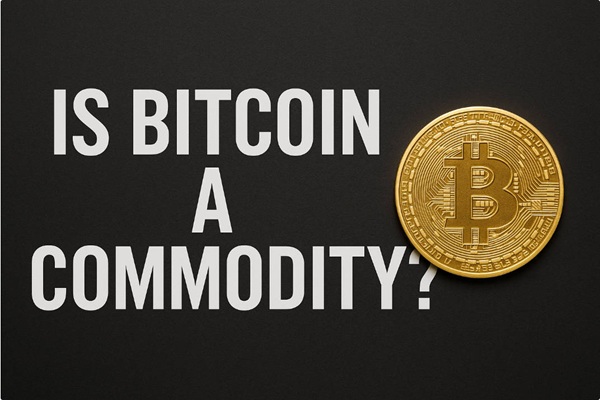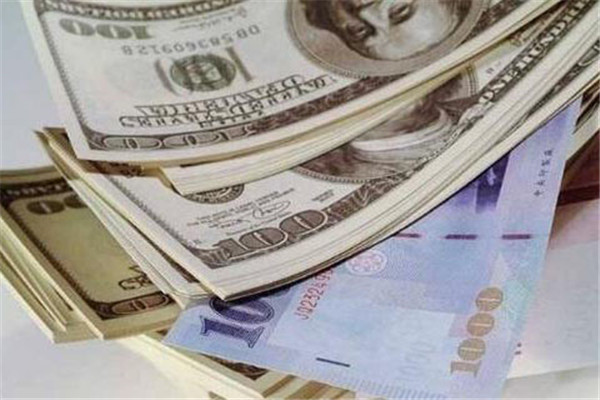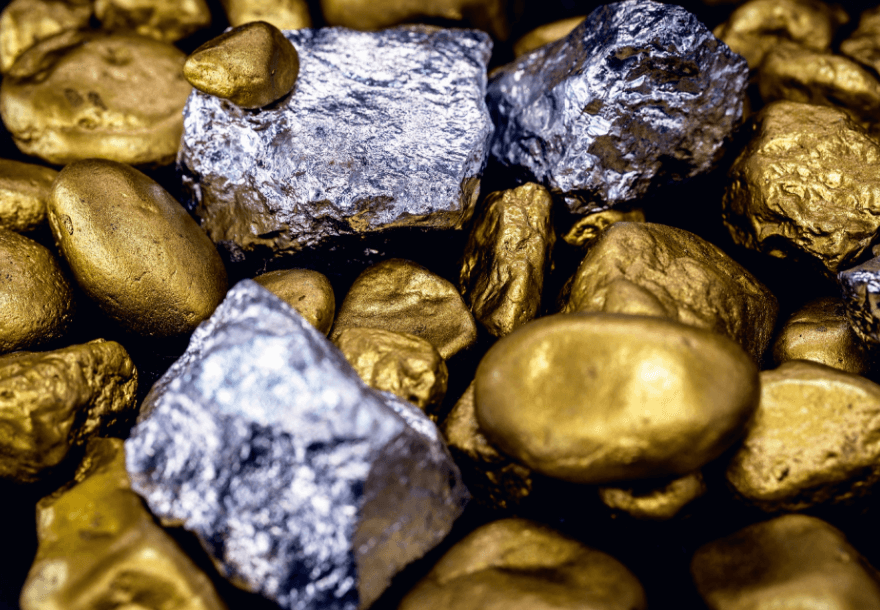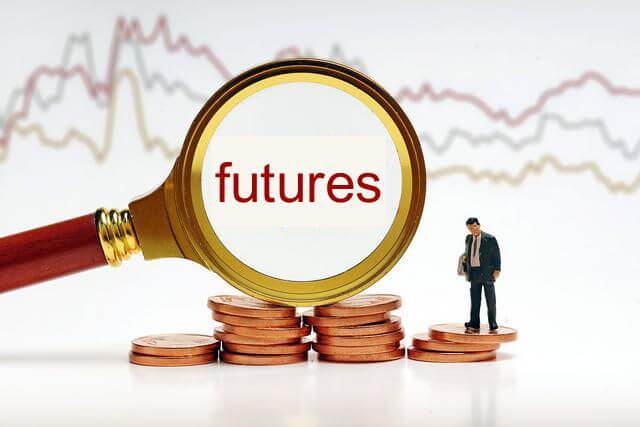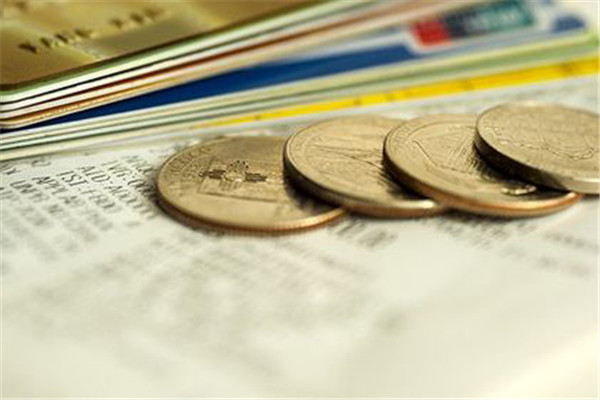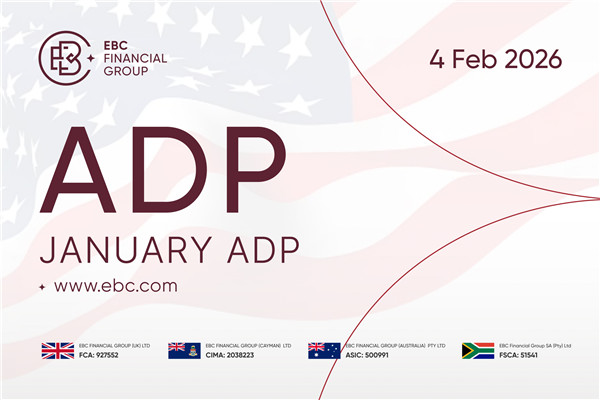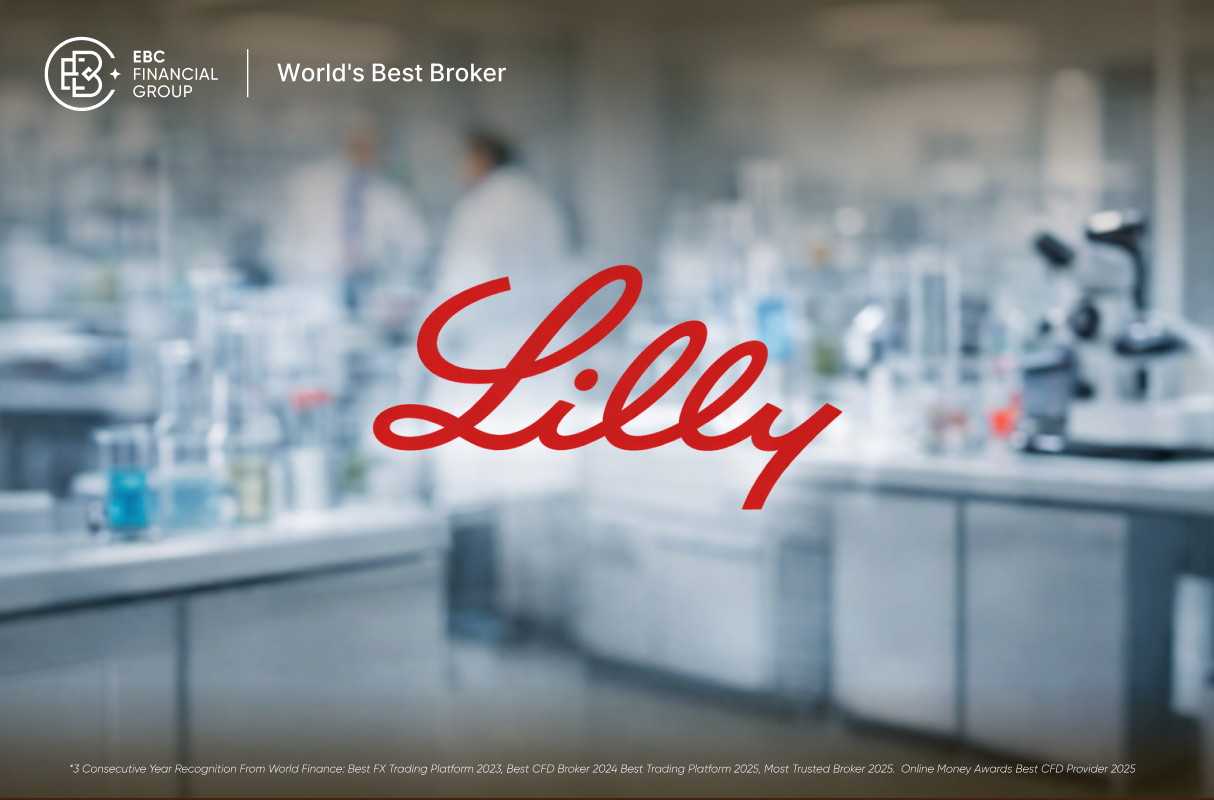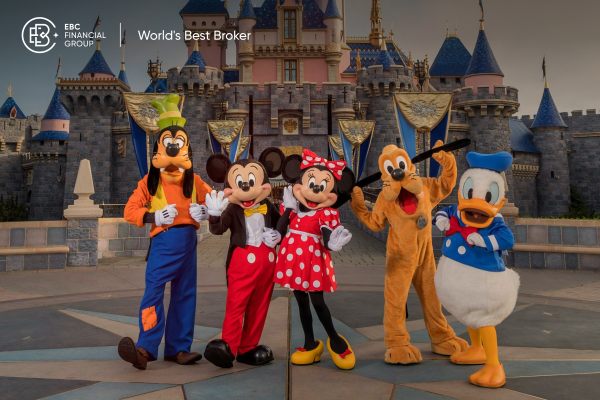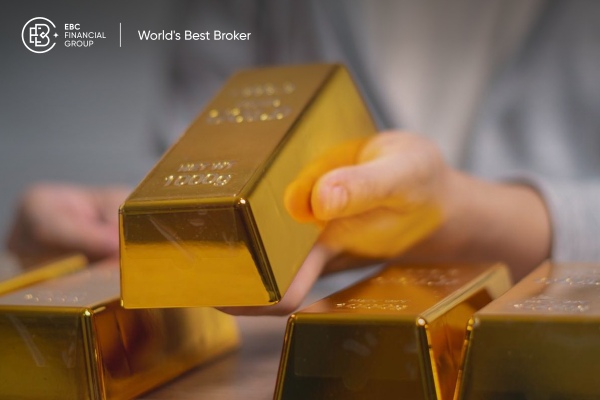Commodity futures are a financial instrument that uses a certain commodity
(including agricultural products, industrial products, Precious metals, etc.) as
the underlying futures contract. A futures contract is a standardized agreement
that specifies the right and obligation to deliver a certain quantity of goods
at a specific time in the future and trade at a specific price.
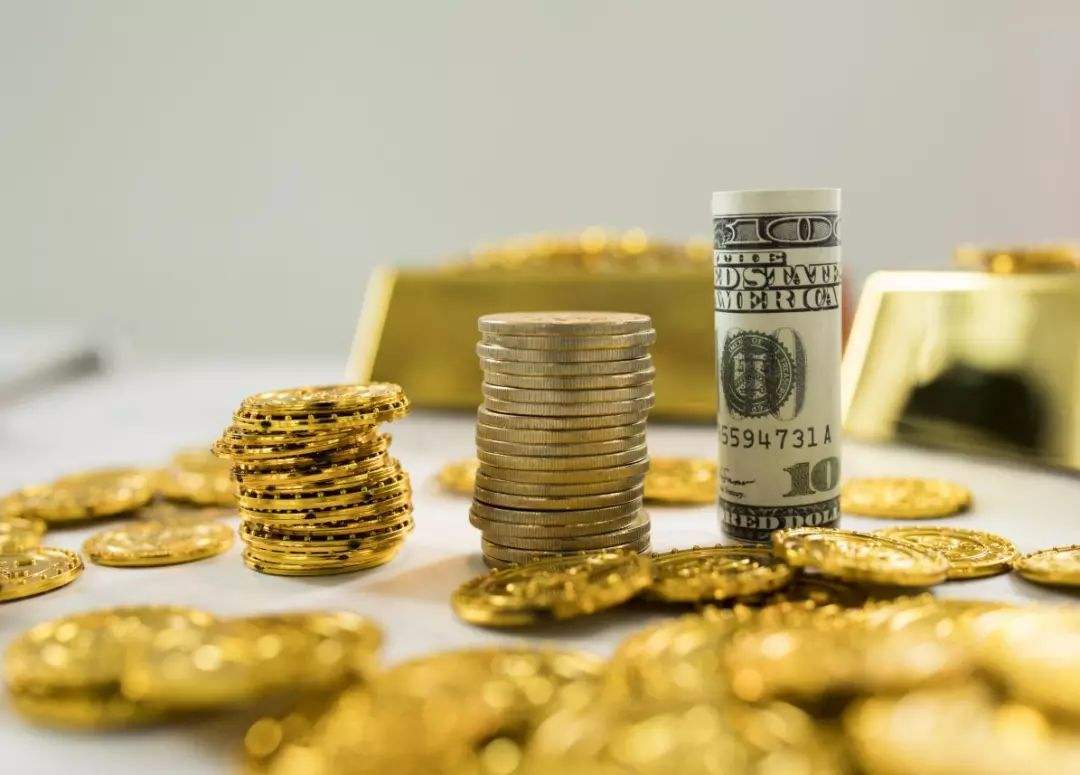
The participants in the commodity futures market include producers,
consumers, investors, and traders. All parties can use commodity futures
contracts for speculation or hedging in order to reduce risks, profit, or
protect interests.
Commodity futures are transactions based on actual commodities such as gold,
silver, other precious metals, and grain. Various foods, such as corn or pork,
also belong to the category of commodities. Commodity futures are also traded
based on the current and future value of these actual commodities at a certain
point in time.
These types of commodity futures require two key factors to be recognized by
investors: Firstly, they are commodities that do exist. Secondly, over time,
buyers have an expectation of value added to the product, which means they
believe it will be profitable in the future. In this case, the buyer will choose
an appropriate time to participate in the seller's commodity futures trading
contract. The final price paid is sufficient for the seller to profit from this
investment, which has certain risks. At the same time, the buyer is also
expecting the prices of these goods to rise and exceed their buying price at the
time, thus ultimately obtaining a certain investment return.
The characteristics of commodity futures include the following aspects:
1. standardized contract
Commodity futures contracts have unified trading standards, specifying
delivery varieties, delivery dates, delivery locations, and delivery methods.
This standardization makes contracts easy to circulate and trade and improves
market liquidity.
2. Leveraged trading
Commodity futures trading is a type of leveraged trading, which means that
investors only need to pay a small portion of the contract value as margin to
control a larger quantity of goods. This leverage effect allows investors to
participate in larger transactions with less capital, thereby amplifying
potential profits and losses.
3. Price discovery
The commodity futures market is a place for price discovery. The supply and
demand relationship, market expectations, and political and economic factors all
affect the price of commodity futures. Investors reflect the market's perception
of supply and demand changes and expectations based on market prices through
trading activities.
4. Hedging
Enterprises and producers can use commodity futures contracts for hedging to
avoid the risks caused by market price fluctuations. By holding both spot and
futures contracts simultaneously, price risk can be hedged, ensuring that
transactions are made at predetermined prices during future deliveries and
protecting operating profits.
5. High risk and high return
Commodity futures trading has the characteristics of high risk and high
return. Due to significant market price fluctuations, investors have the
opportunity to obtain higher returns but also face significant risks. Investors
should carefully choose trading strategies and conduct risk management based on
their own risk tolerance and investment objectives.
6. Trading time and liquidity
The commodity futures market is usually open during specific time periods on
trading days, during which investors can trade. The liquidity of the market is
very important for investors because it affects the cost and execution ability
of transactions.
7. Regulation and Transparency
The commodity futures market has strict regulatory agencies and rules to
ensure the fairness, transparency, and normal operation of the market.
Regulatory agencies supervise the behavior of market participants to prevent
improper behavior such as market manipulation and Insider Trading.
Commodity futures trading is a high-risk investment, and investors should
have a certain level of market awareness and risk management ability. Before
conducting commodity futures trading, one should fully understand the market
situation, learn relevant knowledge, and develop trading strategies that are
suitable for oneself in order to better grasp investment opportunities and
control risks.
